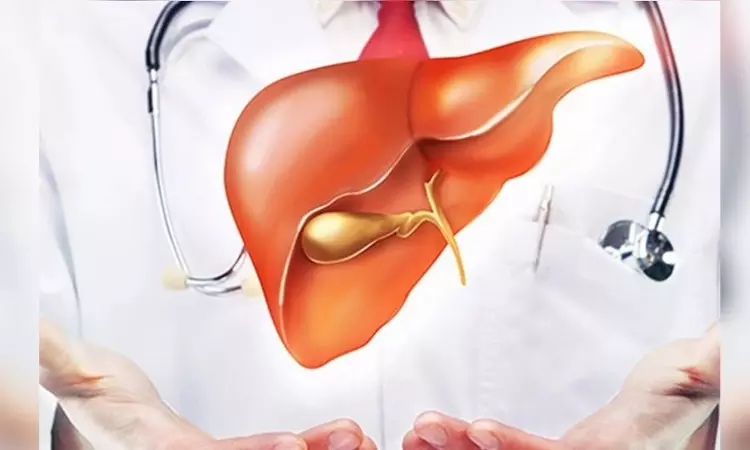A living liver donor will recover in 8 to 12 weeks
Dr Neelamekam Thoppa Kapali, head of Gastro & Minimal Access Surgery at Fortis Malar Hospital says that the recipient’s transplanted liver tissue will likewise regrow. It has been proven beyond doubt that 25 per cent of normal liver is good enough for normal living.

Representative Image
A liver transplant is a procedure in which a piece of a healthy living person’s liver is taken out and implanted into a patient whose liver is no longer functioning normally. Donating your liver could save someone’s life. Organ donation typically occurs after someone passes away, but if a person is healthy and active, it can be feasible to give a portion of their liver to someone else while they are still alive.
Patients with severe liver disease who are on the liver transplant waiting list may benefit from living-donor liver transplantation, a recognised and effective treatment. The incredible ability of the liver to regenerate when a piece is removed makes living-donor liver transplants possible. This implies that the portion of the liver that is left in a healthy living donor after a piece is taken will regenerate.
Dr Neelamekam Thoppa Kapali, head of Gastro & Minimal Access Surgery at Fortis Malar Hospital says that the recipient’s transplanted liver tissue will likewise regrow. It has been proven beyond doubt that 25 per cent of normal liver is good enough for normal living.
“Any potential donor will be assessed based on certain criteria to determine whether they are suitable to donate a liver. Both donor safety and the success of the transplant are served by the examination. The assessment includes both a physical, biochemical, and a psychosocial evaluation,” says Dr Neelamekam.
He added that a person must meet certain requirements to be considered a living donor, including having the same blood type as the receiver in a ideal situation, being in good general health, being older than 18 and younger than 60, maintaining a healthy body weight (BMI of 30 or below at the time of donation), and being free of any serious physical or mental illnesses.
After surgery, donors often stay in the hospital for 5–6 days. Initial follow-up is required after 2 weeks. Later, regular follow-up after 3 months is important. The donor will be fully recovered in 8 to 12 weeks. In 3 months, you might require radiology and biochemical investigation for completion.



